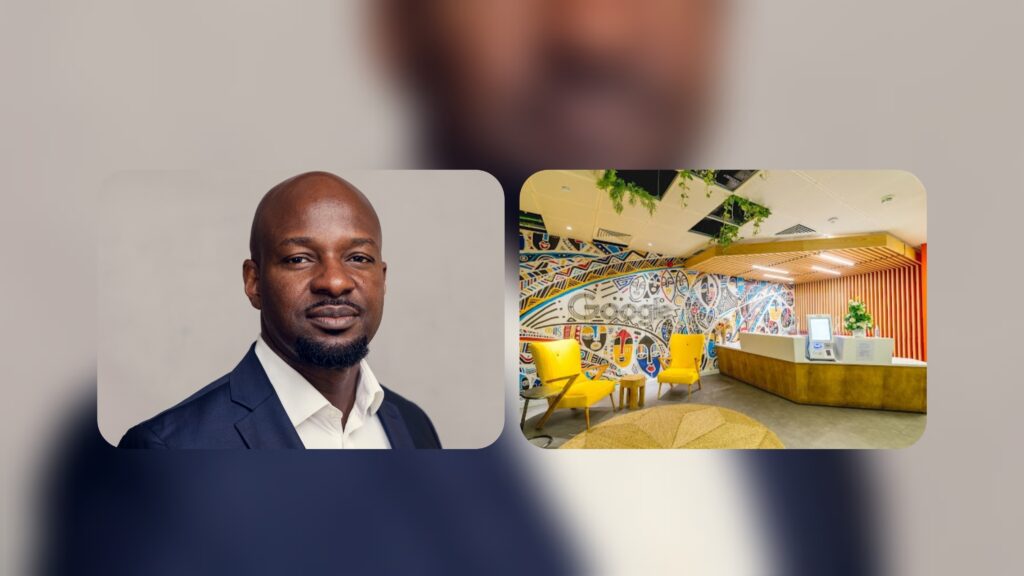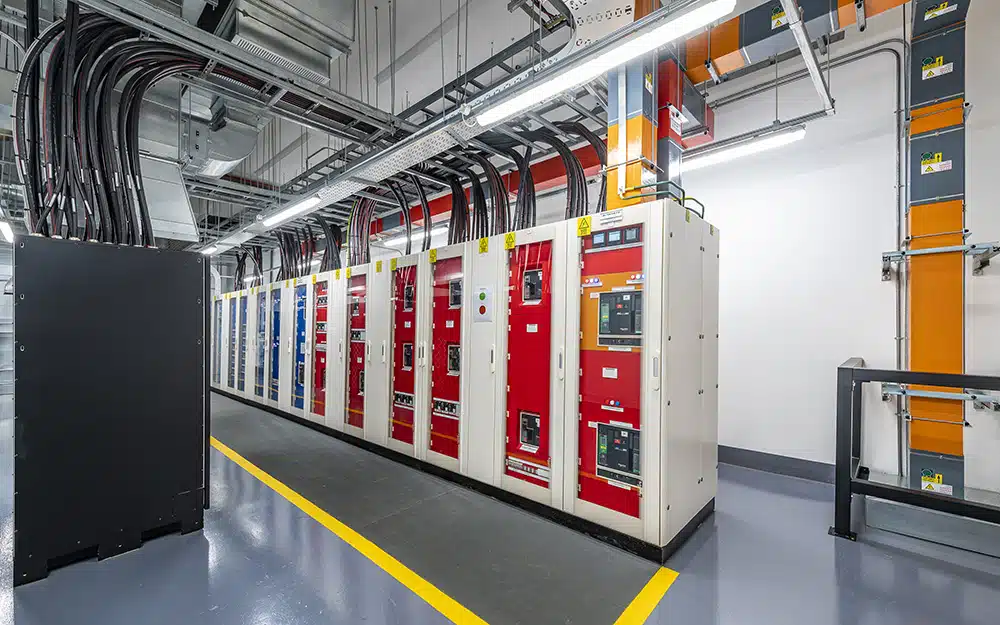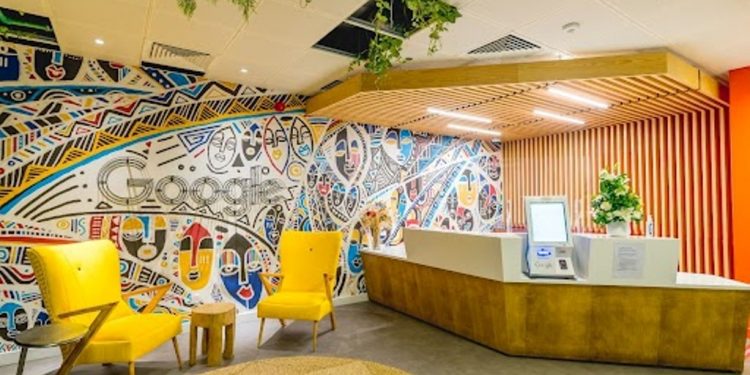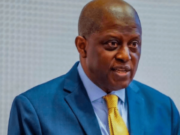In a bold step aimed squarely at boosting Africa’s digital transformation, Google has unveiled a comprehensive package of infrastructure, educational tools, and funding designed to strengthen internet connectivity and equip young Africans with advanced AI capabilities. The tech giant’s latest commitments include four new subsea cable connectivity hubs strategically placed across Africa, complimentary access to its Google AI Pro plan for university students, and a fresh injection of US$9 million into research, institutions and training. These moves build on Google’s “Africa Connect” programme and reflect its growing investment in the continent’s future.
Table of Contents

Strengthening Connectivity with Subsea Cable Hubs
One of the cornerstones of Google’s announcement is the plan to roll out four subsea cable connectivity hubs—one each in the north, south, east, and west of Africa. These hubs are meant to serve as digital corridors, knitting regions together more securely and linking Africa more robustly to the rest of the world.
These connectivity hubs are part of Google’s broader infrastructure push. Key existing elements include: the Equiano cable, which runs along the western seaboard and connects multiple African countries with Europe; the Google Cloud region in Johannesburg; and the Umoja fibre-optic route, the first undersea cable directly linking Africa to Australia, traversing Kenya, Uganda, Rwanda, DR Congo, Zambia, Zimbabwe, and South Africa.
With these new hubs, Google hopes to improve internet resilience (making connections less vulnerable to single points of failure), reduce latency, and make access more affordable by lowering the infrastructure and operational costs for providers. For example, cable failures and cuts in key undersea routes have previously disrupted connectivity in various African regions—new hubs and alternate routes are meant to cushion that vulnerability.
Completion of the hubs is expected within a few years; Google anticipates landing its newest cables (Equiano and Umoja) this year, while the hubs are projected to be operational within about three years.
Free AI Pro Access for Students & Educational Upskill
Alongside infrastructure, Google is also making moves to equip young Africans with the tools and skills needed in a rapidly AI-driven world. Chief among these is a free one-year subscription to its Google AI Pro plan for higher education students aged 18 and above in eight countries: Egypt, Ghana, Kenya, Morocco, Nigeria, Rwanda, South Africa, and Zimbabwe.
The subscription bundle includes access to Deep Research, which helps students compile customised research reports using information drawn from hundreds of sources; Gemini 2.5 Pro, to aid in assignments, writing, and coding; and a guided learning mode in Gemini that acts like a digital companion to help students navigate challenges and content.
Beyond tools, Google is also putting serious effort into training. So far, over seven million Africans have benefited from its digital skills training programmes. The company intends to train an additional three million students, young people, and teachers by 2030.
Universities and research institutions will also benefit: Google will provide funding, curricula, computing power, and access to advanced AI models. Already, more than US$17 million has been invested in these areas over the past few years, and an extra US$9 million has been committed for the coming year.

Economic & Social Impact — What’s in It for Africa
Google’s investments are not just about technology for technology’s sake. They are designed to deliver real economic and social benefits. For instance, enabling 100 million Africans to connect to the internet for the first time has knock-on effects for education, commerce, governance, and health.
The Equiano cable alone is estimated to contribute significantly to GDPs in some nations: approximately US$11.1 billion in Nigeria; US$5.8 billion in South Africa; and US$290 million in Namibia this year.
For students, free access to AI-powered tools could narrow educational gaps, enhance research quality, and spur innovation. When students are able to tap into tools like Deep Research, they can conduct better project work; when coding tools and writing aids are available, learning becomes more interactive and efficient.
Moreover, improved connectivity with reduced latency and more resilient networks could make remote areas more accessible, help bring down broadband costs, and enable new business opportunities (tech startups, digital services) in areas previously hampered by weak infrastructure.
Google’s strategy also leans into language inclusion: part of the broader effort includes expanding open datasets, speech models, voice tools, and evaluations in many African languages—recognising that tools in native or widely-spoken local tongues help with learning, adoption and innovation.
Challenges Ahead & What It Will Take to Succeed
While the announcements are ambitious and promising, the path to full delivery is not without hurdles. Key among them:
- Timeline and implementation risks: Cable-laying, hub construction, and infrastructure deployment (especially in remote or difficult terrain) often face delays from regulatory bottlenecks, environmental concerns, logistical issues, and cross-border coordination. The expected three-year timeframe for hub completion still depends on many moving parts.
- Cost and affordability: Even with improved infrastructure, making internet access affordable remains a challenge. The cost of devices, local connectivity, electricity, and maintenance can still exclude many, especially in rural communities.
- Capacity building and local skills: While AI tools and training are part of the plan, ensuring that universities, research institutions, and governments have sufficient capacity—in terms of trainers, curricula, computing resources, data access, and research culture—is essential. Without local ownership and capability, tools may be under-utilised.
- Regulatory and policy environments: Governments across Africa have varying regulatory regimes for telecommunications, digital rights, data privacy, and cross-border infrastructure. Harmonising these, or at least making them predictable, will be important for multinational infrastructure projects like subsea cables and fibre-optic routes.
- Sustainability and resilience: Subsea cables are vulnerable to damage (e.g. anchor drops, extreme weather, geological events). The hubs must be resilient, with redundancy and local backup plans. Also, ongoing operations (power, security, environmental impact) will need robust planning.
Despite these challenges, the alignment of Google’s investments with Africa’s demographic trends (youth bulge, rising internet penetration), growing demand for digital services and AI, creates a favourable backdrop. If executed well, these initiatives could anchor long-term growth in sectors such as education, tech innovation, e-commerce, health, and governance.

Conclusion
Google’s recent announcements represent more than corporate philanthropy—they are a major inflexion point in Africa’s digital journey. By combining improved infrastructure (subsea hubs, cables) with free access to advanced AI tools for students and injection of fresh funding into education and research, the company is laying foundations for a future where connectivity, capacity and creativity converge.
If all goes well, this could mean millions more Africans gaining reliable internet access, universities generating better research, students using AI as genuine collaborators rather than curiosities, and whole regions becoming part of the digital economy rather than being sidelined.
In short, this is not just Google investing—it is Google betting on Africa’s potential, and Africa is being handed more tools to realise it. The real test now will be in delivery, partnership, and ensuring that this promise touches those at the margins.
Join Our Social Media Channels:
WhatsApp: NaijaEyes
Facebook: NaijaEyes
Twitter: NaijaEyes
Instagram: NaijaEyes
TikTok: NaijaEyes














![Mr Macaroni Drops Blistering Remark: ‘APC Filled with Most Corrupt People’ as He Slams Tinubu’s Controversial Pardon for Criminals=]] Mr Macaroni](https://naijaeyesblog.com/wp-content/uploads/2025/03/Mr-Macaroni-1-1-180x135.avif)

![Chaos Erupts in Abuja Hotel as BBNaija Star Phyna Sparks Fierce Scene Over Alleged N200,000 Dispute [VIDEO] Phyna](https://naijaeyesblog.com/wp-content/uploads/2024/11/A-Picture-of-Phyna-BBNaija-180x135.jpg)























